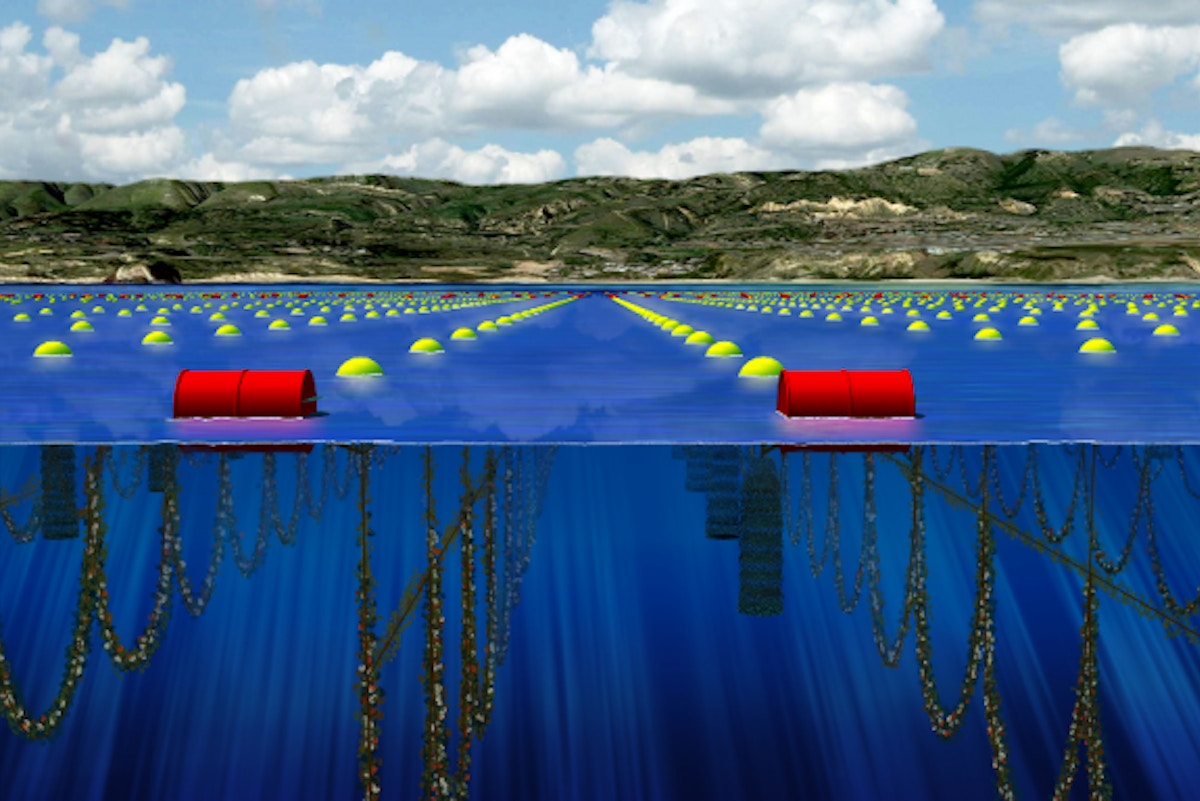As our planet grapples with the increasing demands of a growing population, the significance of sustainable practices becomes ever more apparent. In the realm of food production, particularly seafood, sustainable aquaculture emerges as a crucial solution for meeting the global appetite while safeguarding the health of our oceans. In this article, we delve into the reasons why aquaculture is not just an option but an essential pathway towards a more secure and environmentally conscious future.
Preserving Ocean Ecosystems:
At the heart of sustainable aquaculture lies a commitment to preserving the delicate balance of ocean ecosystems. Unlike traditional fishing methods that often result in overfishing and habitat destruction, sustainable aquaculture aims to cultivate fish and shellfish in a manner that minimizes environmental impact. By fostering responsible practices, we contribute to the conservation of marine biodiversity and the overall health of our oceans.
Addressing Overfishing Concerns:
Overfishing has become a global concern, with many marine species facing depletion due to excessive harvesting. Sustainable aquaculture provides a viable alternative by cultivating seafood in controlled environments. This approach alleviates the pressure on wild fish populations, allowing them to replenish and maintain ecological equilibrium. By shifting towards responsible aquaculture practices, we can actively combat the threats posed by overfishing.
Reducing Dependence on Wild-Capture Fisheries:
Sustainable serves as a means to reduce our reliance on wild-capture fisheries, which are often susceptible to overexploitation. By cultivating seafood in controlled environments, we create a sustainable source of fish and shellfish that can meet the demands of consumers without depleting natural populations. This reduction in dependence on wild fisheries is crucial for the long-term health of marine ecosystems.
Minimizing Environmental Impact:
Traditional fish farming practices have, at times, been associated with negative environmental impacts, such as pollution and habitat degradation. Sustainable aquaculture prioritizes environmentally friendly methods, utilizing technologies that minimize waste, energy consumption, and the use of harmful chemicals. These practices contribute to a more harmonious coexistence between aquaculture operations and the surrounding environment.
Enhancing Food Security:
As the global population continues to grow, ensuring food security becomes a paramount concern. Sustainable aquaculture plays a pivotal role in meeting the rising demand for seafood without depleting wild fish stocks. By providing a reliable and consistent supply of fish and shellfish, aquaculture contributes to global food security and helps mitigate potential food shortages.
Promoting Responsible Feed Practices:
A critical aspect of aquaculture is the promotion of responsible feed practices. Traditional fish farming has been criticized for using wild-caught fish as feed, creating a paradox where the cultivation of farmed fish contributes to overfishing. Sustainable aquaculture seeks alternatives such as plant-based feeds and innovations like insect-based feeds, reducing the pressure on wild fish populations and creating a more sustainable cycle.
Supporting Local Economies:
Sustainable aquaculture has the potential to be a boon for local economies, especially in coastal regions. By establishing responsible aquaculture operations, communities can benefit from job creation, economic growth, and increased revenue. This not only strengthens local economies but also fosters a sense of stewardship among communities towards the sustainable management of their marine resources.
Adapting to Climate Change:
Climate change poses significant challenges to the world’s oceans, impacting sea temperatures, acidity levels, and overall marine ecosystems. Aquaculture practices, designed with adaptability in mind, can help mitigate the effects of climate change on seafood production. By employing resilient and adaptable species and implementing eco-friendly technologies, aquaculture becomes a more robust and climate-resilient source of nourishment.
Ensuring Quality and Safety Standards:
Sustainable aquaculture places a strong emphasis on quality and safety standards. By adhering to responsible farming practices, producers can minimize the use of antibiotics and chemicals, resulting in healthier and safer seafood for consumers. This commitment to quality not only benefits human health but also establishes a reputation for environmentally conscious aquaculture operations.
Promoting Innovation in Aquaculture Technology:
The pursuit of sustainability in aquaculture has spurred technology innovation. From recirculating aquaculture systems that minimize water usage to the development of more efficient feed formulations, technological advancements are shaping the future of responsible aquaculture. This continuous innovation ensures that aquaculture can evolve, becoming more sustainable, efficient, and environmentally friendly over time.
Conclusion:
In embracing sustainable aquaculture, we pave the way for a future where our oceans thrive, and our growing global population is nourished without compromising the environment. The imperative of aquaculture extends beyond mere environmental conservation; it encompasses food security, economic prosperity, and the well-being of communities dependent on marine resources. As consumers, policymakers, and industry stakeholders increasingly recognize the importance of responsible aquaculture, we take a significant step towards securing a more sustainable and resilient future for our planet.

